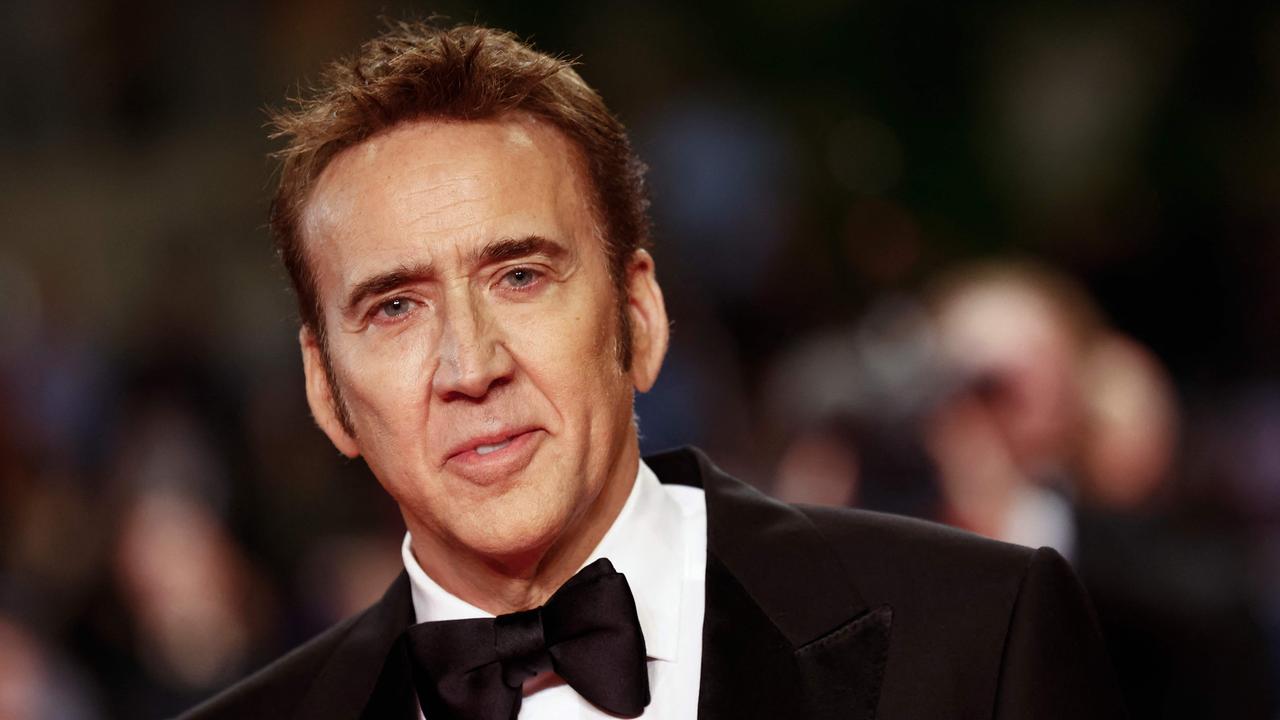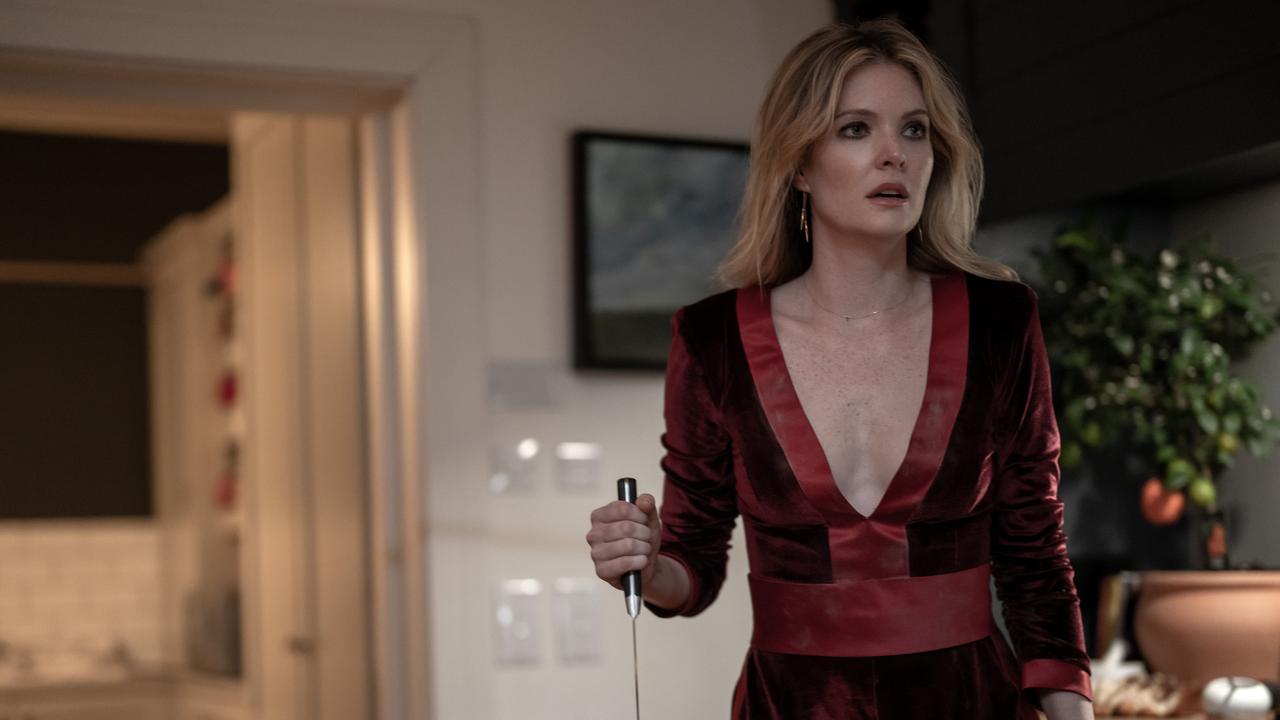Gladiator II review: One catastrophic mistake derails Ridley Scott’s sequel
The much-anticipated sequel to Gladiator is a competent, entertaining film, but it’s let down badly by one decision central to its plot.
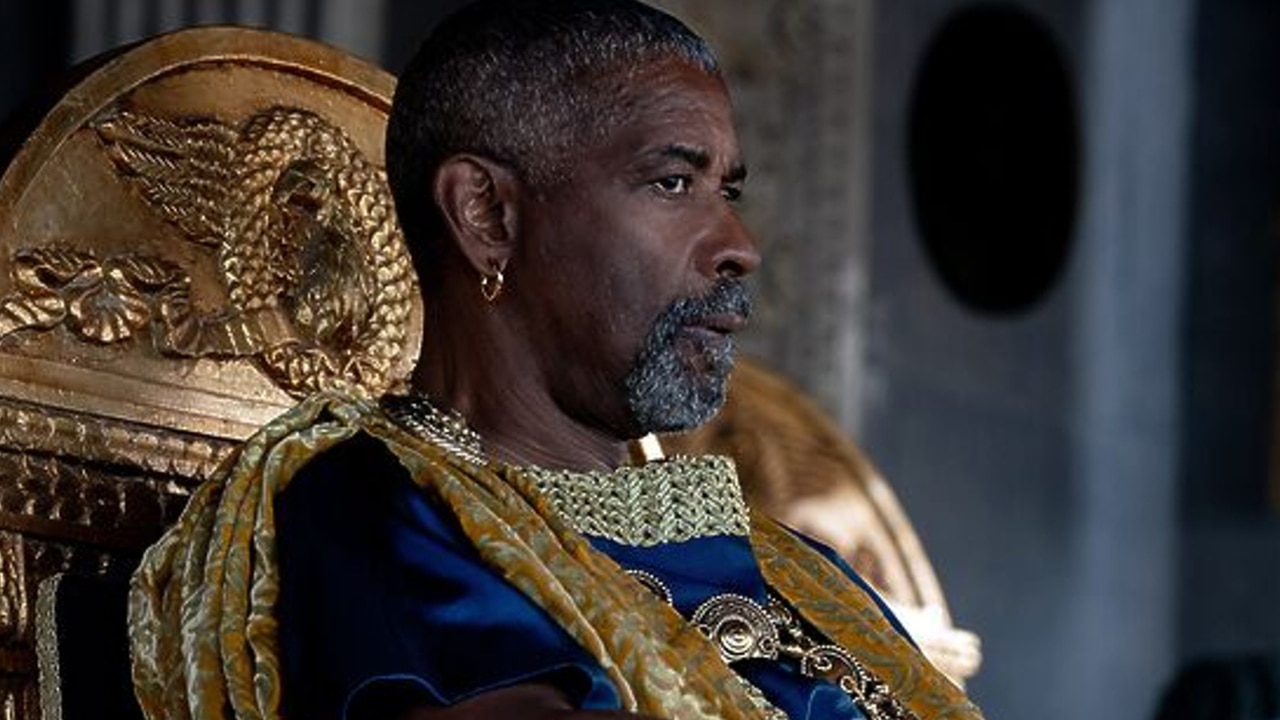
Spoiler warning:
My name is Samuel Michael Clench. Writer of frivolous nonsense, haver of bad opinions. Loyal servant to the true news.com.au editor, Kerry Warren. Father to a precious dog. Husband to a cherished wife. And I will spoil this film, in this article and the next.
Let me put that less obnoxiously. Spoilers follow. Spoilers, spoilers, spoilers.
It’s been well over a week since Gladiator II hit cinemas in Australia, and by my completely arbitrary reckoning that is long enough to wait before discussing it in full, unrestricted detail.
If you’re after a less spoiler-filled review of the film, my colleague Heath Parkes-Hupton already wrote an excellent one, which you can find here.
Otherwise, by all means read on.
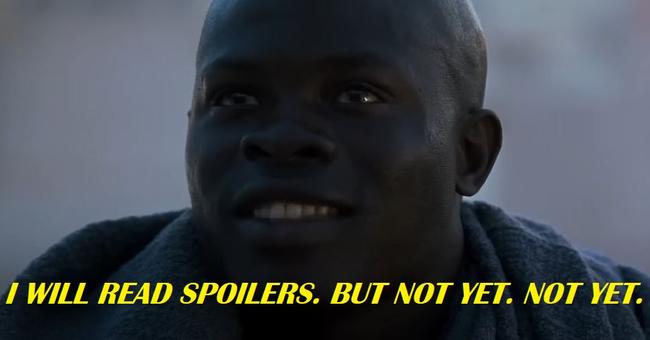
Look, at the most basic, topline level, Gladiator II is good fun. You are not going to have a bad time watching it, whether you’re there for the thrill of clashing swords, the massive action set pieces, earnest monologues about Rome, or whether you just want to shamelessly perv on Paul Mescal’s bulging arms and manthighs.
(The film is actually less sexy than I expected, but various muscle groups are nevertheless on display frequently enough to satisfy you if you hail from that last category.)
It’s also a vast improvement on Ridley Scott’s previous offering, Napoleon, which somehow managed to turn the life of one of history’s more captivating personalities into a slog.
Here we have a competent enough action film, with a handful of compelling emotional beats, and epic fights, and decent acting. It’s not bad as a standalone piece of cinema. But it doesn’t rise to the original Gladiator’s heights, nor does it work, most crucially, as a sequel.
Whichever metric you choose – plot, action, character, whatever – it all dovetails into one singular weakness: Scott betrays and negates the ending of his first film. He renders the entire character arc of Maximus, and plot of the original, almost meaningless.
The result is a movie that feels more like a passable imitation of its predecessor than a continuation of its story.
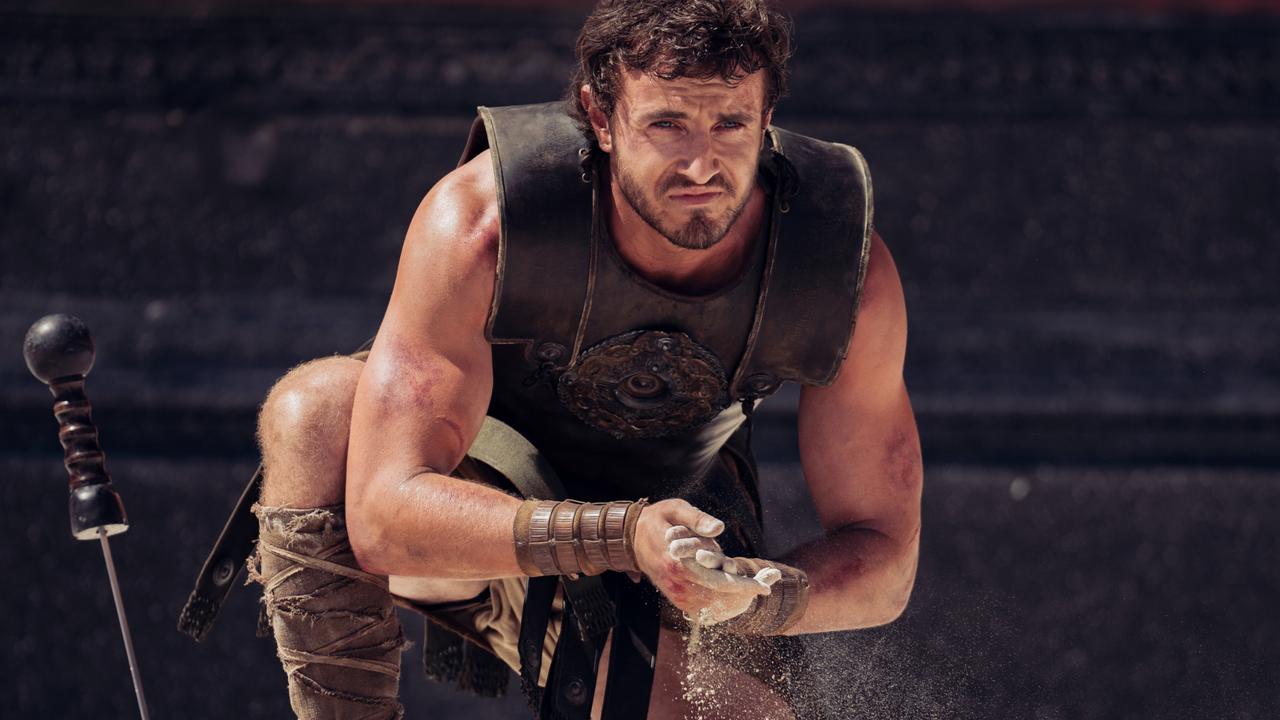
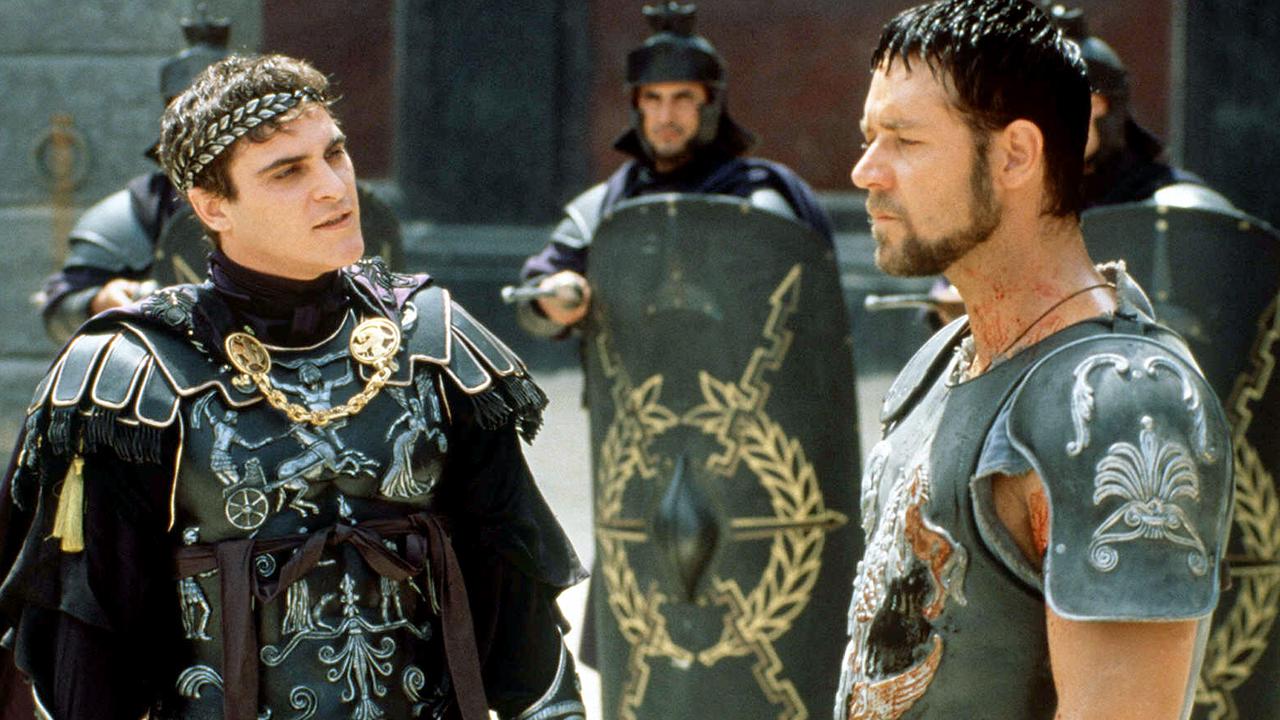
Gladiator ended with Russell Crowe’s Maximus killing his nemesis, Joaquin Phoenix’s delightfully deranged emperor Commodus, in the Colosseum, before dying of his own wounds. His last instructions were for Rome to honour the wishes of Marcus Aurelius, Commodus’s father, by scrapping the empire and returning power to the Senate.
As the finale of an isolated and quite straightforward story, this worked fine. The good guy won, and Rome was all set to once again become a republic, fulfilling lots of idealistic talk from Maximus and the previous emperor about a lovely and, it must be said, implausibly naive “dream that was Rome”.
That’s all a bit awkwardly neat, though, as the set-up for a sequel.
Scott essentially had two choices: to commit to Gladiator’s ending, and write a sequel that followed through on an alternate version of Roman history (the good, interesting option), or to yada yada his way back to pretty much the same starting point as the original (the bad, boring option). For reasons that confound me, he chose the latter.
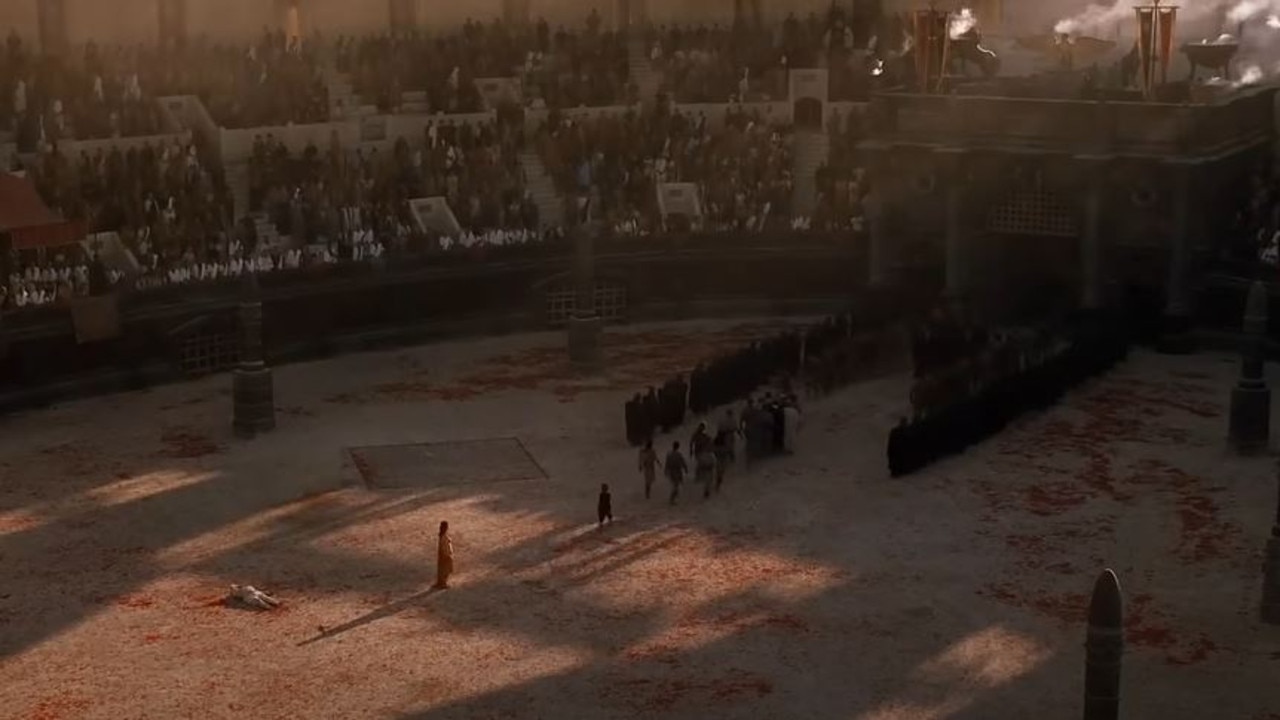
Gladiator II is set 16 years after its predecessor, and in all that time, nothing in Rome has changed. It remains an empire. The Senate remains cowed. Some of the exact same characters, chief among them Lucilla and Gracchus, are having the exact same whispered conversations about the exact same goal of restoring the republic.
The script never bothers to explain why Maximus’s dying words achieved nothing. It doesn’t explain how the existing system continued, despite the ruling emperor’s death and the sudden disappearance of his only heir (our protagonist, Lucius). We’ve simply fast forwarded into a situation where Rome is once again under the control of a mad imperial family.
The events of Gladiator really should have derailed Roman history, and Scott could have explored that derailment, conjuring a version of Rome where the Senate was restored to power but corruption (and presumably gladiator fights in the Colosseum) still lingered. There is an intriguing premise.
But no. Instead of taking an off-ramp from the highway of true Roman history, Scott merely strays onto the shoulder, and then promptly swerves back into the correct lane. Caracalla and Geta, the twin emperors who ruled real-life Rome in the early 200s AD, are somehow in charge here as well.
So ultimately, nothing Maximus did mattered. The imperial government survived, and the characters who were supposed to dismantle it have no more power at the start of this film than they did under Commodus. The pieces on the chess board have been reset as though nothing ever happened.
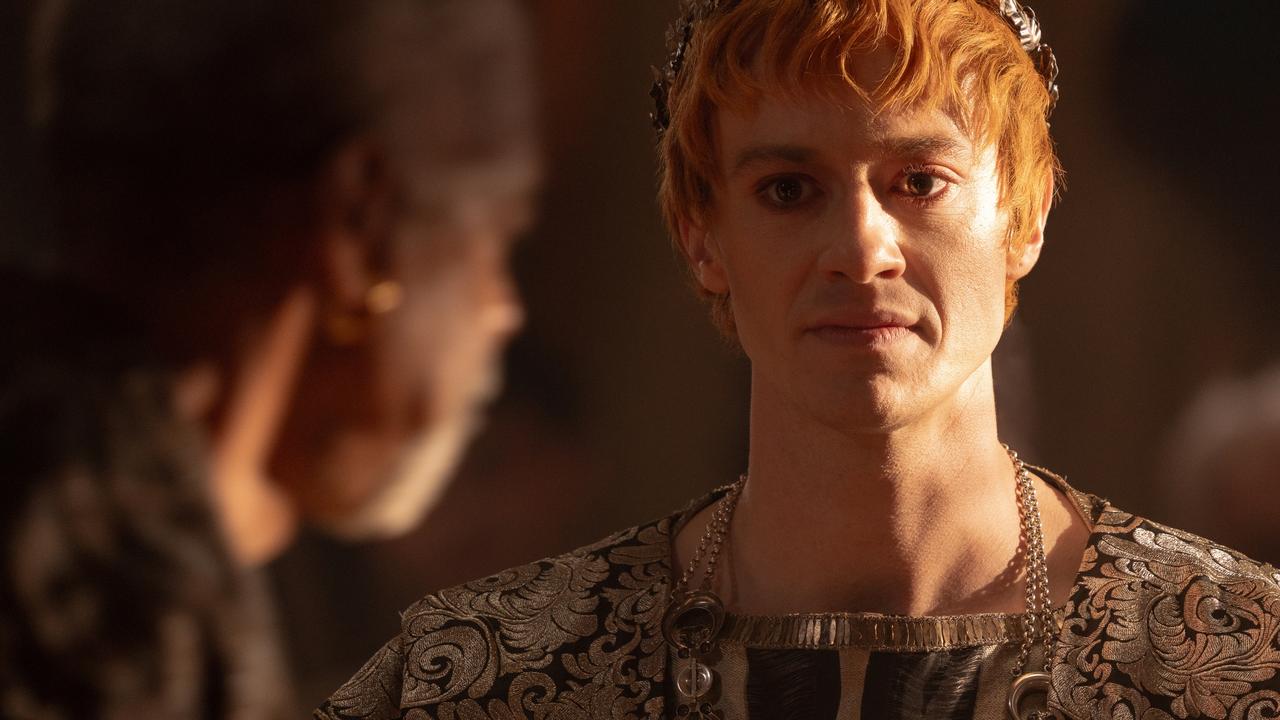
This terminally undermines the pathos of Gladiator II’s plot, whose ending mirrors the first’s, just on a larger scale.
Mescal’s protagonist Lucius, who was a child in the first film, has been revealed to be Maximus’s son by this point, and has inexplicably adopted his father’s ideals. Lucius rather despises Rome at the start of the film, and he undergoes no obvious character development during it to make him any less cynical.
Nevertheless, we end this movie in a kind of repetitive trance. Lucius spouts some idealistic oratory about the dream that was Rome. The music – which is the exact same theme from the original, by the way – soars. The emperors are dead, as is the man who sought to supplant them (the admittedly excellent Denzel Washington, playing real-life emperor Macrinus).
It’s pretty much just Gladiator’s ending again, but with the protagonist still alive, and more extras in the background. And it doesn’t work. Why should we believe Rome will be changed by this, when Maximus’s sacrifice accomplished nothing? It feels inescapably hollow.
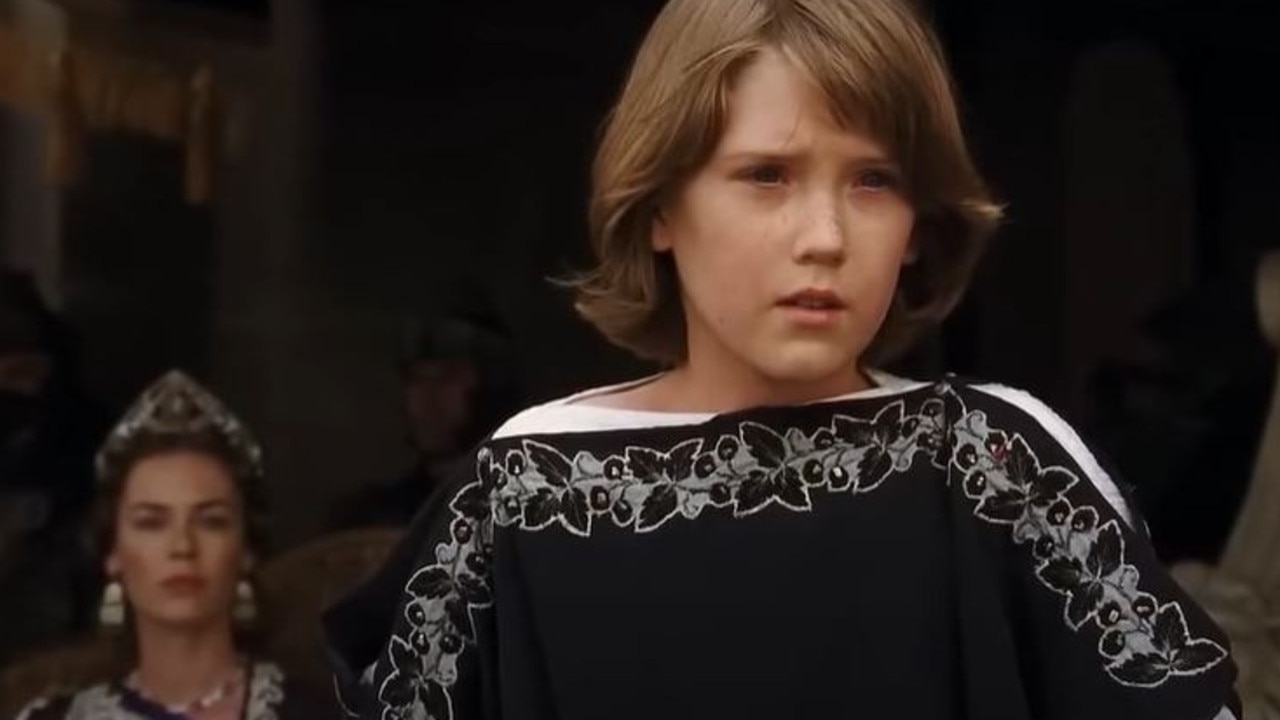
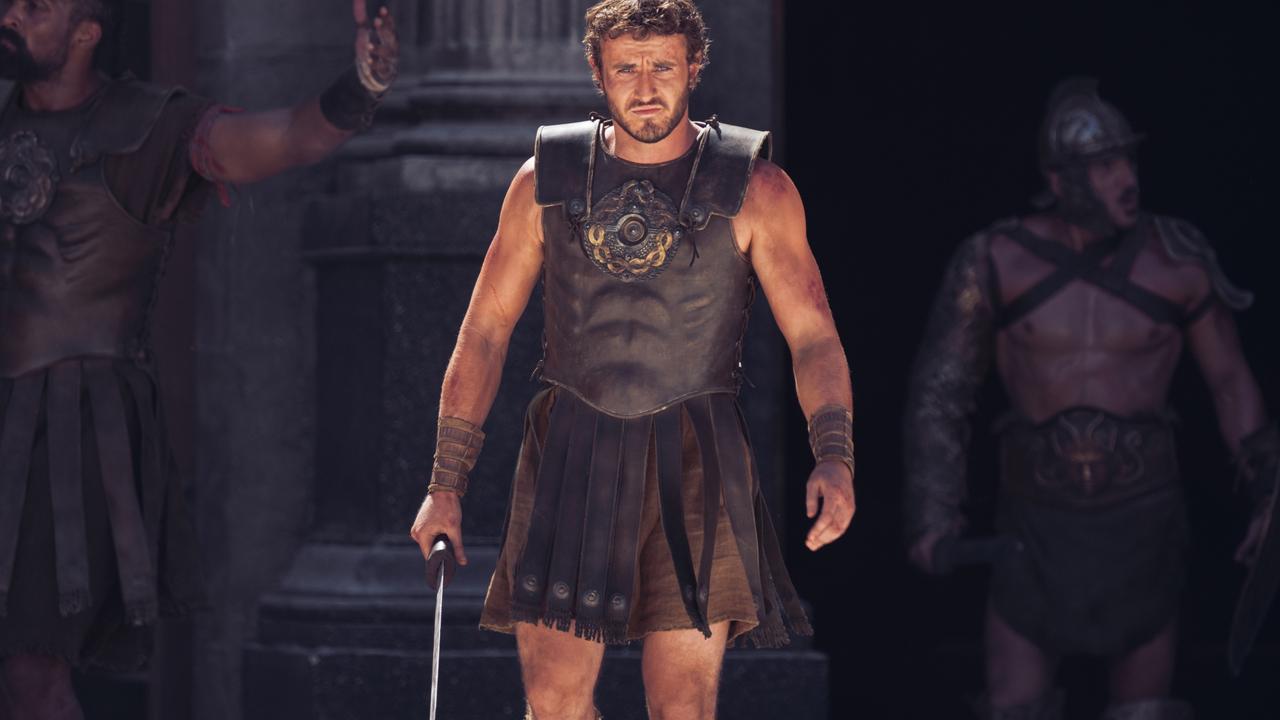
There are other, less important problems. Gladiator’s character balance was compelling because it threw a stoic and honourable protagonist, Maximus, against an unstable and often quite chilling antagonist, Commodus.
There are just too many clowns in the sequel. Washington’s Macrinus, a flamboyant and entertaining schemer, manages to be frequently funny without subtracting from his underlying malice. But Geta and Caracalla are both cartoonish figures. They give us the fun and bizarre personality of Commodus, but none of his menace.
Phoenix managed to be simultaneously pathetic and terrifying. Our two emperors here are only the former. That is very much the script’s fault, by the way, not the actors’; they both do perfectly well with the material given to them. It’s just not great material.
Lucius doesn’t really work as a central protagonist either, despite an able performance from Mescal and his various muscular limbs, because as a vehicle for Roman idealism, he just isn’t at all believable. When Marcus Aurelius and Maximus spewed earnest, even downright lame lines about their vision for a restored republic, it fit each of their characters. That same rhetoric never fits Lucius. Square peg, round hole – you know the cliche.
I’m convinced this film would have worked better with an entirely new protagonist, navigating an entirely new version of Rome, which would have granted far more storytelling freedom and a far more interesting storytelling playground.
Instead we’re left with something competent, and quite fun, but ultimately forgettable.
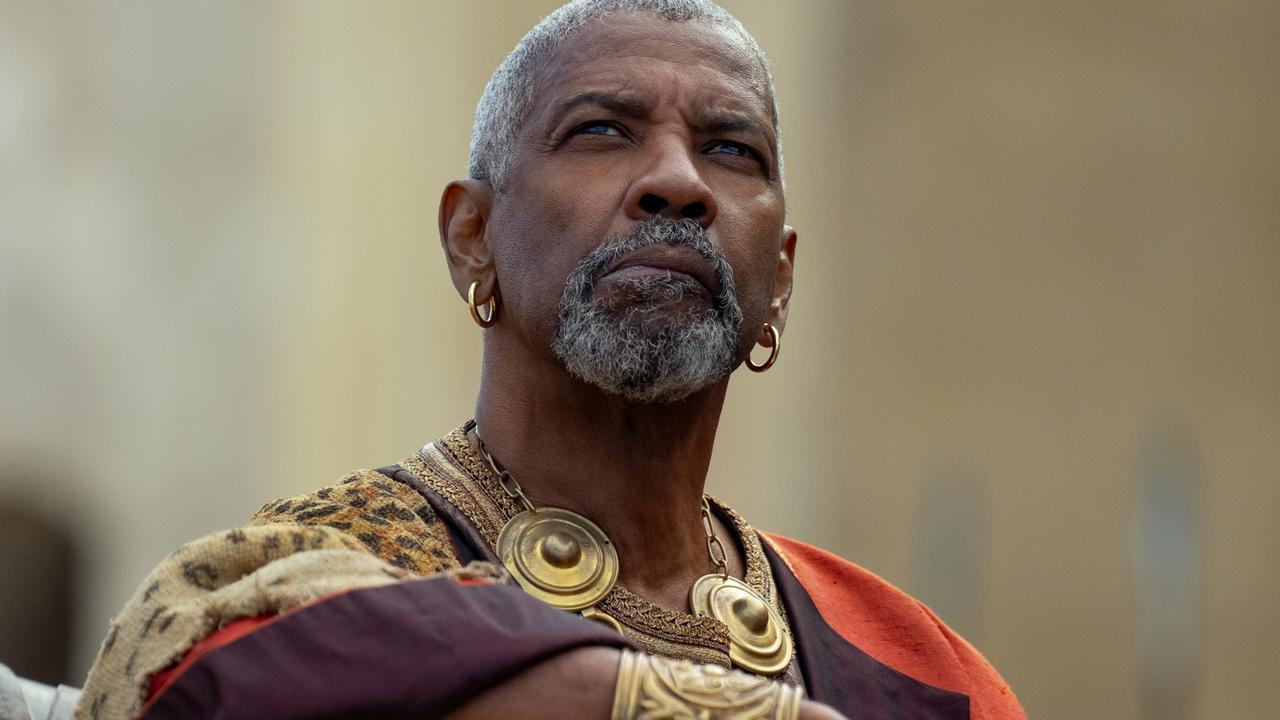
Gladiator has its problems, pacing foremost among them, but it is indisputably a classic film; a five-star epic that will be rewatched over and over again by my generation, and quite likely one or two that follow, if fathers and mothers do their jobs.
This sequel is just too uncannily similar, and too obviously inferior, to live on in our memories the same way.
“What we do in life echoes in eternity,” is one of Maximus’s more iconic lines, uttered mere minutes into the original. Insofar as it’s possible for a straightforward blockbuster action film to echo in eternity, Gladiator will.
I doubt Gladiator II will even echo into next year.
Gladiator II: 3.5/5
Twitter: @SamClench
Email: samuel.clench@news.com.au


